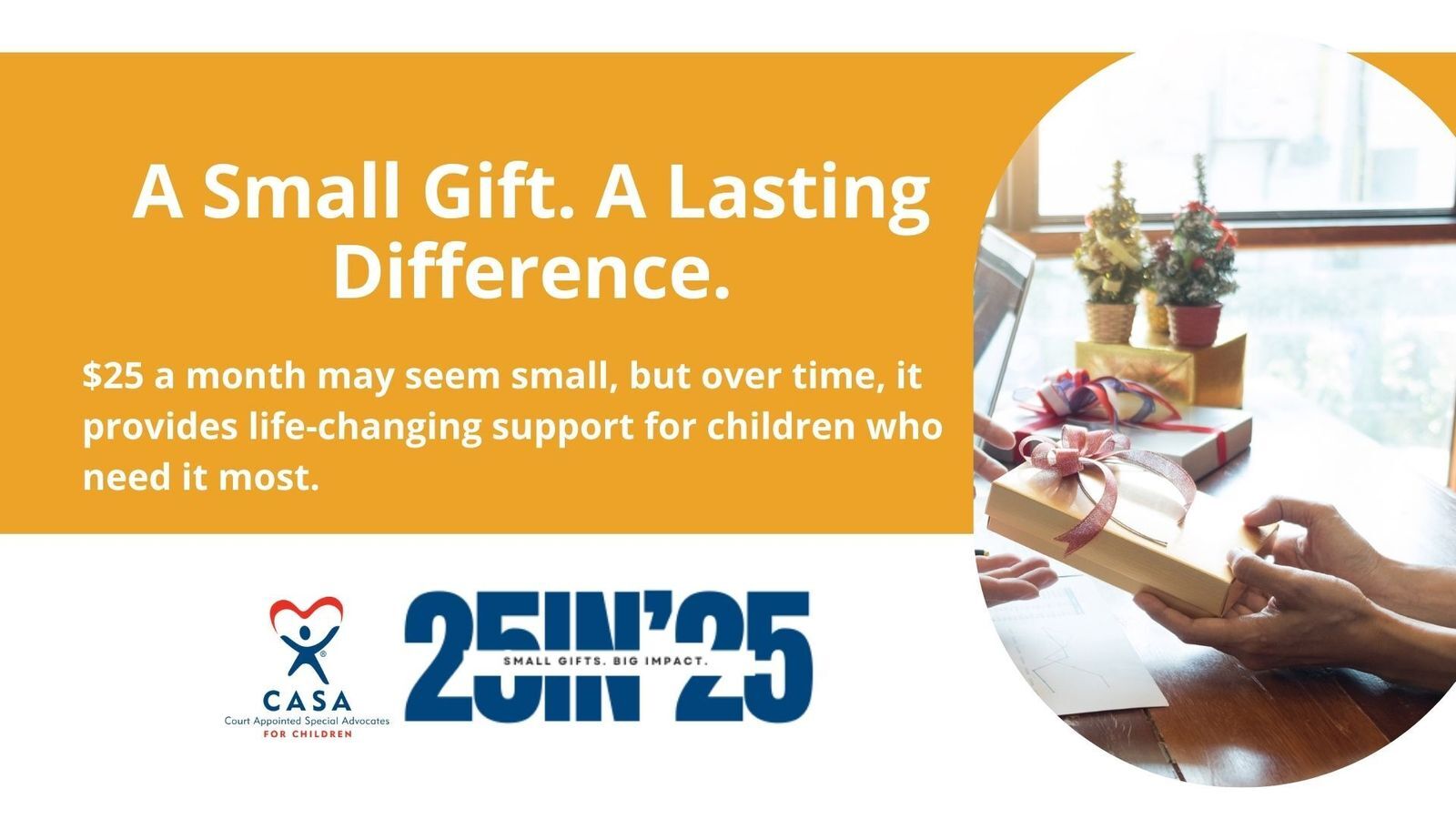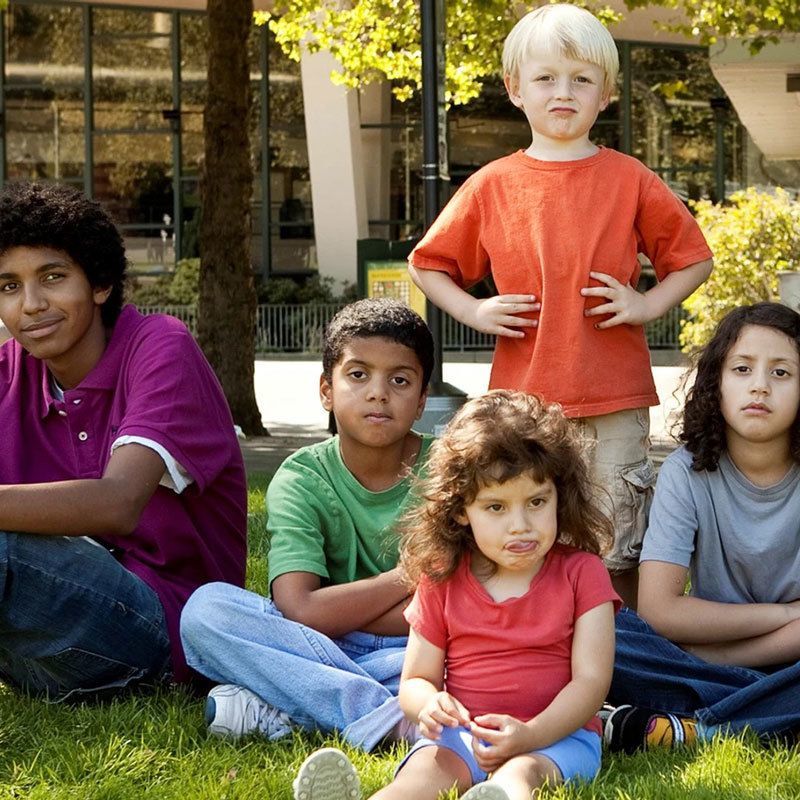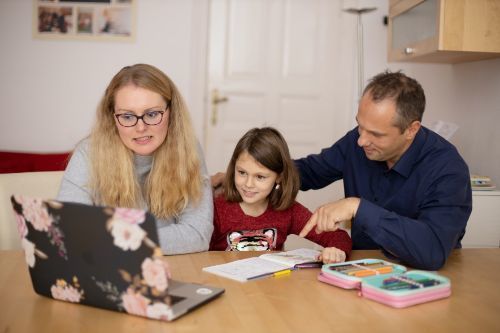
In today’s modern world, connecting with other people is easy. Whether it’s through texting, social media or the latest dating app, we have no shortage of ways to connect with others in our daily lives. However, despite these avenues of connection, people feel lonelier than ever. One recent study shared by CBS News, conducted by the Harris Poll, concluded approximately two-thirds (72%) of Americans experience loneliness. And for many, this isn’t a once-in-awhile occurrence; one-third said they feel lonely at least once a week.
Loneliness is nothing to take lightly, either. According to WebMD, in terms of negative impact on physical health, loneliness is on par with things such as substance abuse and obesity. Humans are naturally communal beings, so when that’s taken away from us, we can fall into feelings of depression, worthlessness and even hopelessness. If you try to live altruistically, then combating your own loneliness can play a vital role in how you serve others. Here’s how to overcome loneliness in everyday life.
1. Recognize loneliness as a feeling, not a fact.
It’s easy to feel overwhelmed by the emotion of loneliness and immediately think of it as a permanent condition. In fact, loneliness is often a result of a memory which triggers the feeling, rather than actual isolation. Our brains are designed to recognize pain, which includes painful memories; therefore, the moment we experience loneliness it immediately catches our attention. Then, your brain theories about why you feel lonely, with reasons such as “nobody loves me” or “I have no friends.” These theories are then confused with facts. Instead, combat loneliness by recognizing it for it is: a temporary feeling to overcome, rather than a state of permanency.
2. Shut down negative self-talk.
More often than not, loneliness is accompanied with increasingly negative self-talk. Our brains often explain any feelings of loneliness with negative reasonings about the self. If you feel this way, something must be wrong with you. You must have done something wrong. This negative self-talk tends to spiral downward even further, which only intensifies the feelings of loneliness even more. If you want to combat loneliness in your everyday life, be very aware of the way you talk to yourself. Turn any negative thoughts into positive ones, and focus on building yourself up whenever possible.
3. Put down your phone.
One simple way to overcome loneliness is by merely putting your phone down. In an interview with USA Today, Jennifer Caudle, family physician and assistant professor at Rowan University School of Osteopathic Medicine, stated: “It’s not that social media and electronics are bad—they are fantastic tools. Sometimes we think we can get by with just our phone and computers, but that’s not all we need. We are humans, we need human interaction.” Phones distract us from being present with others, increase our desire for comparison and can often lead to even stronger feelings of loneliness. Take time away from your phone to focus on what really matters in life and help fight feelings of loneliness.
4. Find others to connect with.
Finally, find new groups to connect with. This might sound simple at first, but is an extremely valuable component in overcoming loneliness. Find groups of like-minded individuals you can connect to and spend time with, then join in with them. Focus your attention on those around you, rather than a constant internal battle. Then, just keep showing up. Keep showing up to events, parties, get togethers, etc. Make an effort to get out there and connect with other people. This part might be terrifying; the fear of rejection can feel overwhelming. But, only by taking the first step can you learn to truly connect with others and overcome loneliness.
Loneliness is a serious condition which affects many of us at some point in our lives. However, by recognizing loneliness as a feeling, not a fact, shutting down negative self-talk, putting down your phone and finding others to connect with, you can overcome loneliness in your everyday life. Try out these steps next time you feel lonely and see how your life can improve.













